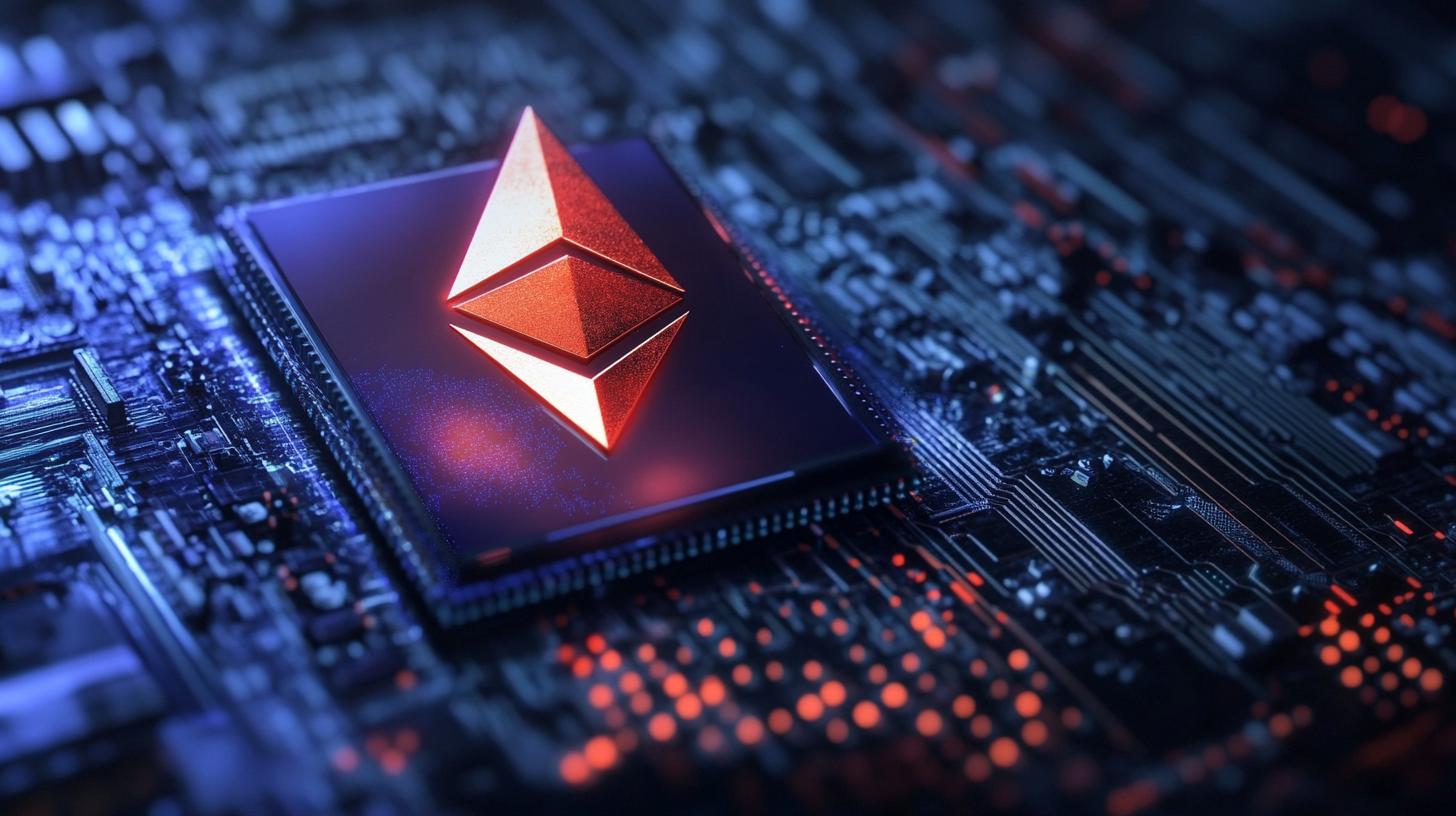IonQ, a leader in quantum computing technology, has recently made a groundbreaking announcement that could reshape the landscape of artificial intelligence and computational sciences. The company has unveiled a novel quantum algorithm that promises to significantly speed up machine learning processes—potentially reducing computation times from days to mere minutes, thereby ushering in a new era of AI capabilities.
Quantum Algorithms: The Game-Changer
At the heart of this development is IonQ’s proprietary algorithm designed to harness the immense potential of quantum superposition. Unlike classical algorithms, which must process information sequentially, IonQ’s approach allows multiple calculations to occur simultaneously. This could revolutionize how data-intensive tasks, like big data analytics and complex simulations, are performed. Researchers predict that this leap in efficiency will open doors to more advanced AI models, capable of solving problems previously deemed computationally unattainable.
Implications for the Tech Industry
The implications of IonQ’s advancement are substantial. Industries ranging from healthcare to finance could experience unprecedented growth as quantum-powered AI tools provide insights with unparalleled speed and accuracy. Moreover, the implications for cryptography and cybersecurity are profound; quantum algorithms might not only enhance these fields but also pose new challenges that industry leaders will need to address vigilantly.
The Horizon Ahead
While quantum computing is still in its nascent stages, IonQ’s latest breakthrough underscores the technology’s potential to redefine what’s possible in computing. As the realm of possibilities expands, businesses and technologists alike must prepare for a future where quantum computing is not just an ambition but a reality shaping everyday life.
The Quantum Leap: How IonQ’s New Algorithm Could Revolutionize AI and Beyond
Quantum computing is making waves in the tech industry, and IonQ’s recent announcement is proof of its transformative potential. Their novel quantum algorithm not only accelerates machine learning but suggests a future where quantum technology reshapes human progress and technological advancement.
Unlocking New Possibilities in AI
IonQ’s breakthrough highlights the potential for quantum computing to significantly enhance machine learning. With quantum superposition enabling multiple simultaneous calculations, AI models could develop unprecedented capabilities. Imagine AI systems that predict natural disasters with unparalleled accuracy or optimize global supply chains in real-time. This jump in efficiency suggests scenarios where AI evolves from a supportive tool to an indispensable force across sectors.
Opportunities and Challenges
The healthcare industry stands on the brink of transformation. Quantum-powered AI could propel medical research into new realms, rapidly analyzing genetic data for groundbreaking treatments. However, this advancement is a double-edged sword, particularly in cybersecurity. Quantum algorithms may render current encryption methods obsolete, urging the industry to develop new security protocols.
Economic Impact and Ethical Dilemmas
While the promise of quantum computing is exhilarating, its integration poses challenges. Economic disparities could widen if quantum resources are hoarded by a few. Ethical questions abound: who governs the immense power of quantum AI systems? How do we ensure they benefit humanity as a whole?
As we edge closer to a quantum-powered future, we must weigh these advancements against potential risks. Quantum computing could be the key to solving technological challenges, but it requires careful stewardship. For further insights into the evolving landscape of quantum technology, visit IonQ or MIT.
















